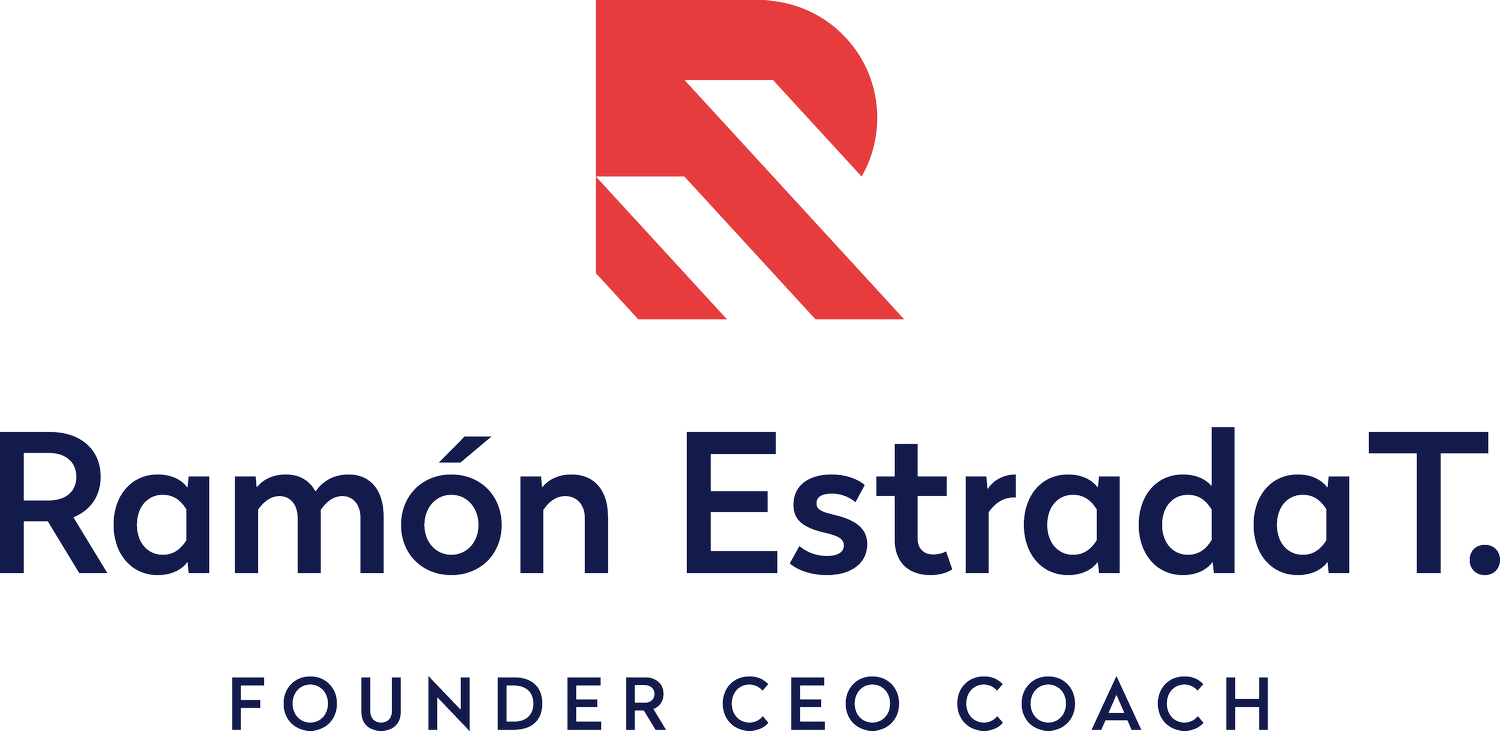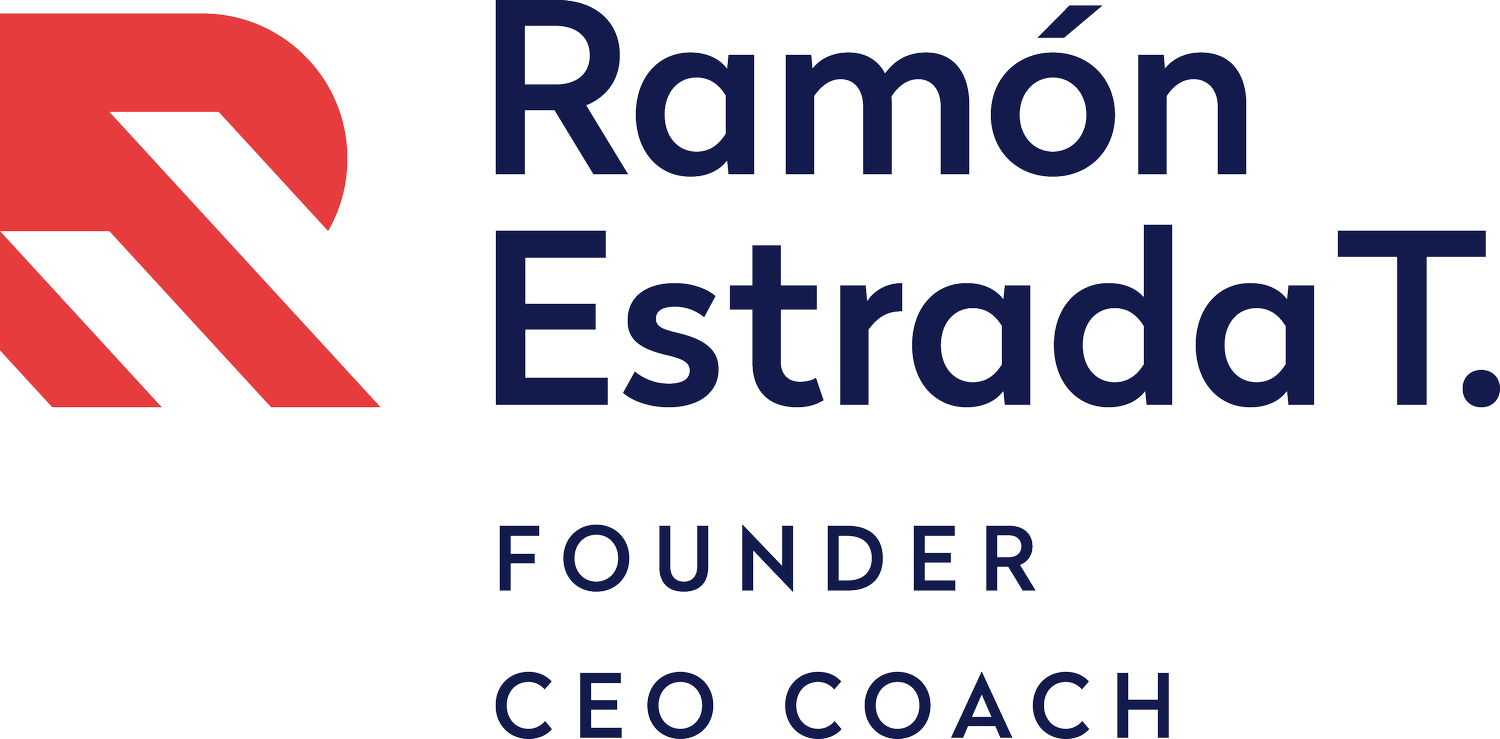3 Habits for Effective Leadership
We all have special quirks that we believe help us do our job better. But, did you know you can actually develop positive habits that will help you become a more effective leader?
Stephen Covey’s book, The 7 Habits of Highly Effective People, highlights daily patterns that we can incorporate into our lives to make us more influential and productive.
In order to become an effective leader, you must build character. In fact, Covey’s main focus was not actually on the achievements of leaders, but on their characters. In this blog post, I’m going to highlight Covey’s first three habits and explain how you can use them to develop character and become an effective leader.
Habits of Effective Leaders
Our habits are directly built by our character. According to Covey, habits are “consistent, unconscious patterns that express our character and produce effectiveness.” Effective leaders are able to identify the habits that serve them well in their day to day lives and overcome the ones that aren’t. Thankfully, habits can be learned and unlearned, and it often takes 66 days to build a new habit.
I personally believe Covey’s first three habits are the most impactful for effective leadership. These habits focus on building character and moving from dependence to independence.
Habit 1: Be Proactive
Covey’s first habit is all about shifting your perspective from reactive to proactive. In order to be proactive, you must be self-aware. Self-awareness is the tool that allows us to stand back and take an objective view of ourselves. It is only until we accurately see ourselves that we can begin to see and influence others. Once we are self-aware, we are able to be more responsible for our lives, and thus more proactive.
Covey offers two methods for becoming more proactive:
Language
Think about the language you use. Are you thinking and speaking in a way that encourages ownership and proactivity? Stay away from reactive language, which absolves you of your responsibility. Reactive and proactive langue is the difference between “I have to” and “I choose to.” Effective leaders are accountable, this way, they can easily learn from their mistakes and be in constant growth.
Circle of Influence vs Circle of Concern
We are influenced by two circles in our life: a circle of concern and a circle of influence. Proactive people have a larger circle of influence than concern because they decide to focus on the things that they can change and affect. Oppositely, reactive people spend their energy on things that are out of their control, causing their influence power to shrink. An effective leader is nothing without their ability to motivate and move people, making it crucial to be proactive.
Habit 2: Begin with the End in Mind
Covey’s second habit is to always have a clear sense of your destination before you even start. This is where his ladder analogy comes into play. According to Covey, “if the ladder is not leaning against the right wall, every step we take just gets us to the wrong place faster.” Essentially, you need to pinpoint the correct end goal before you start doing the work, otherwise, you’ll end up focusing on the wrong objectives.
Covey says that all things are created twice: the first time in our mind, through an idea, and the second time through our body, actions, or words. The first idea is like finding out which wall you want to place your ladder. This is effective leadership; finding out the best place to go and how to get there. Use a personal mission statement to discover your destination.
Personal Mission Statement
Developing a personal mission statement will help guide you towards your ultimate end goal, and effective leaders are always goal-oriented. In order to develop yours, consider three key aspects:
Character: What you want to be
Contributions and Achievements: What you want to do
Your Values and Principles: Based on who you are
Habit 3: Put First Things First
Let’s go back to the ladder analogy. Whereas effective leadership is about finding the right wall, management is about assuring you and your team can reach the top of the ladder in the best way possible. Effective leaders are also strong managers, and they use time management to carry out their plans and keep their teams successful.
The Time Management Matrix
Time management is an issue that everyone will inevitably run into. Thankfully, Covey developed a tool to help determine where to place your focus.
The time management matrix is a square, divided into four parts: urgent and important, urgent and not important, not urgent and important, and not urgent and not important. By dividing your to-do list into four different categories, you can organize your time effectively and prioritize. If you find yourself categorizing everything as important and urgent, then you must realize that you’re not effectively organizing your time and priorities. Trust your team and delegate the things that are not important. Effective leaders trust their teams and delegate tasks.
Remember, effective leadership starts with your habits, and your habits come from your character. By becoming more proactive, narrowing your focus, and managing your time, you’ll find that you will gain the self-confidence to become a strong and effective leader.


